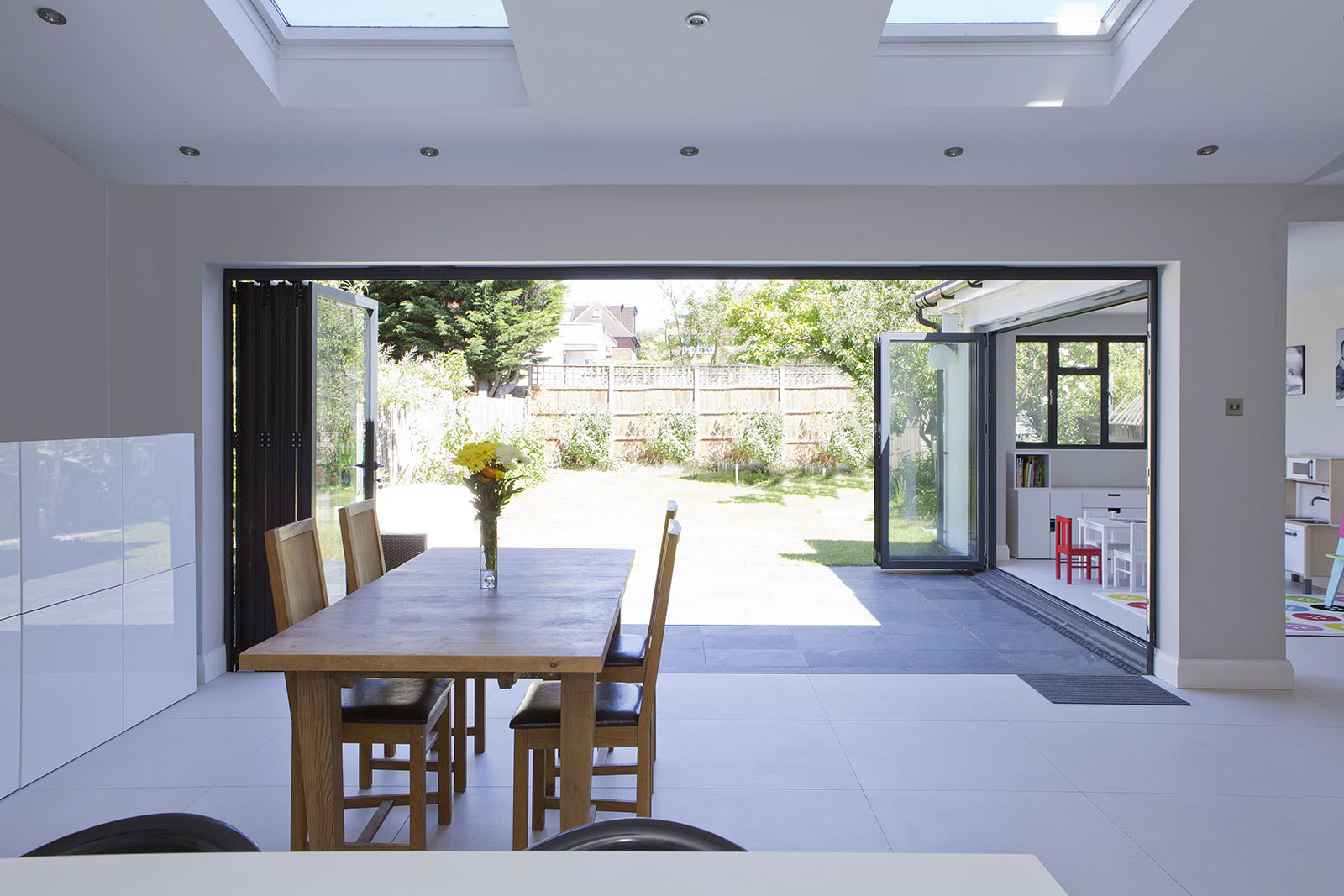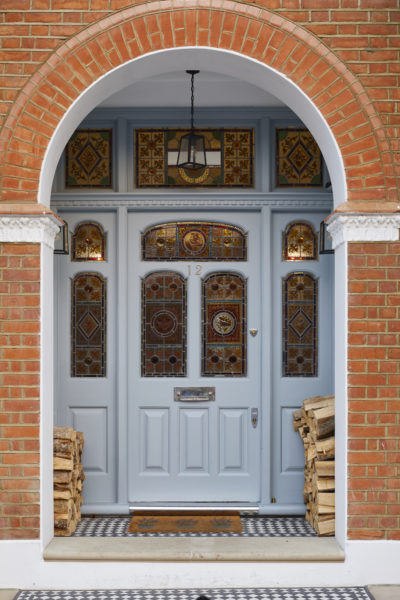There are many ways to procure your building project, many consultants that can contribute towards planning, designing and managing it, and a huge range of contractors with varying levels of skill and expertise. So where do you start?
Essentially there are two common approaches; appoint a building company that can act as a ‘one stop shop’ that will take your concept idea through the design, planning and construction stages. The alternative is to appoint an independent architect/designer/Project Manager to produce the design that you want and then approach appropriate builders to deliver the building works.
Some people select the first route of an ‘all in one’ builder as they know no different, or because that is how friends or family have completed a project. Others have friends or family members that are architects or work in the industry and so naturally follow the route of having their designs prepared before seeking a builder. The key to success is understanding the pros and cons of each to enable you to make an informed decision, and also understanding the risks.
So, what are the advantages and disadvantages of each?
Single Point Responsibility
Using a Design & Build contractor will mean that you have a single point of contact and responsibility for your whole project. This essentially means that if anything goes wrong it is clear whose responsibility it is and who to turn to.
While this single point of responsibility can appear advantageous, it also means there is no independent party to mediate and advise should any issues or queries arise. Employing an independent Project Manager also gives you a single point of contact to liaise with all parties on your behalf, mitigating issues arising on site. It also means that you have a professional adviser solely looking after your interests, rather than relying on the advice of the Builder.
Design
It can be argued that passing the design responsibility to an ‘all in one’ builder relinquishes your total control over the design, potentially leading to a solution that is easier to build rather than the best use of the space for the end user. Some contractors may be looking to design and build the project to suit their experience rather than designing with a client’s best interests at heart (for example talking a client out of something that they would actually like, in order to simplify construction).
Employing an architect whose sole role is to provide the designs for your project is the best way to guarantee you get the design you want. This is particularly important on schemes where you want to ensure you are using the space in the best possible way or considering the best use of natural light etc. This may also give you the ‘wow’ factor you wouldn’t get otherwise.
Costs
‘All in one’ companies will often provide fixed costs at the concept stage, something that can be very attractive to a client wanting to know the cost of their project. For a Contractor to fix the cost at this stage, however, they will often make various assumptions. There can, therefore, be additional costs for items that they have not included but that you require, so make an allowance for these. Making changes can be costly as you have already signed up at this point, particularly if you request items that they do not have experience of doing.
Having your designs completed before approaching builders for costs allows you to tender competitively to a selection of appropriate builders, with them all pricing on a like for like basis. This will ensure that the tendered costs reflect the actual designs and deliver the best value for money for your scheme.
Project Managers
Selecting the independent route may seem daunting, but a good Project Manager will guide you through each of the stages, ensuring that you appoint the right designers at the right time and that the builders you are approaching are right for the job. They will also act as a single point of contact throughout the project, liaising with all parties on your behalf to make everything go smoothly and ensure that you are making informed decisions throughout the process. A Project Manager will act in your interests and advise you on the most appropriate action, something that may be lacking with an ‘all in one’ building company.
Project Managers should be able to save a healthy proportion of their fees by coordinating and competitively tendering your project, mitigating any unnecessary scope and cost increases during construction, and negotiating with the contractor on your behalf. Also, using their trade accounts to procure your fittings and finishes will offer you further savings.
If you would like free independent advice on how best to deliver your project, or would simply like to talk it through, please do not hesitate to contact Run Projects, Chartered Surveyors with experience of delivering a wide range of projects.




